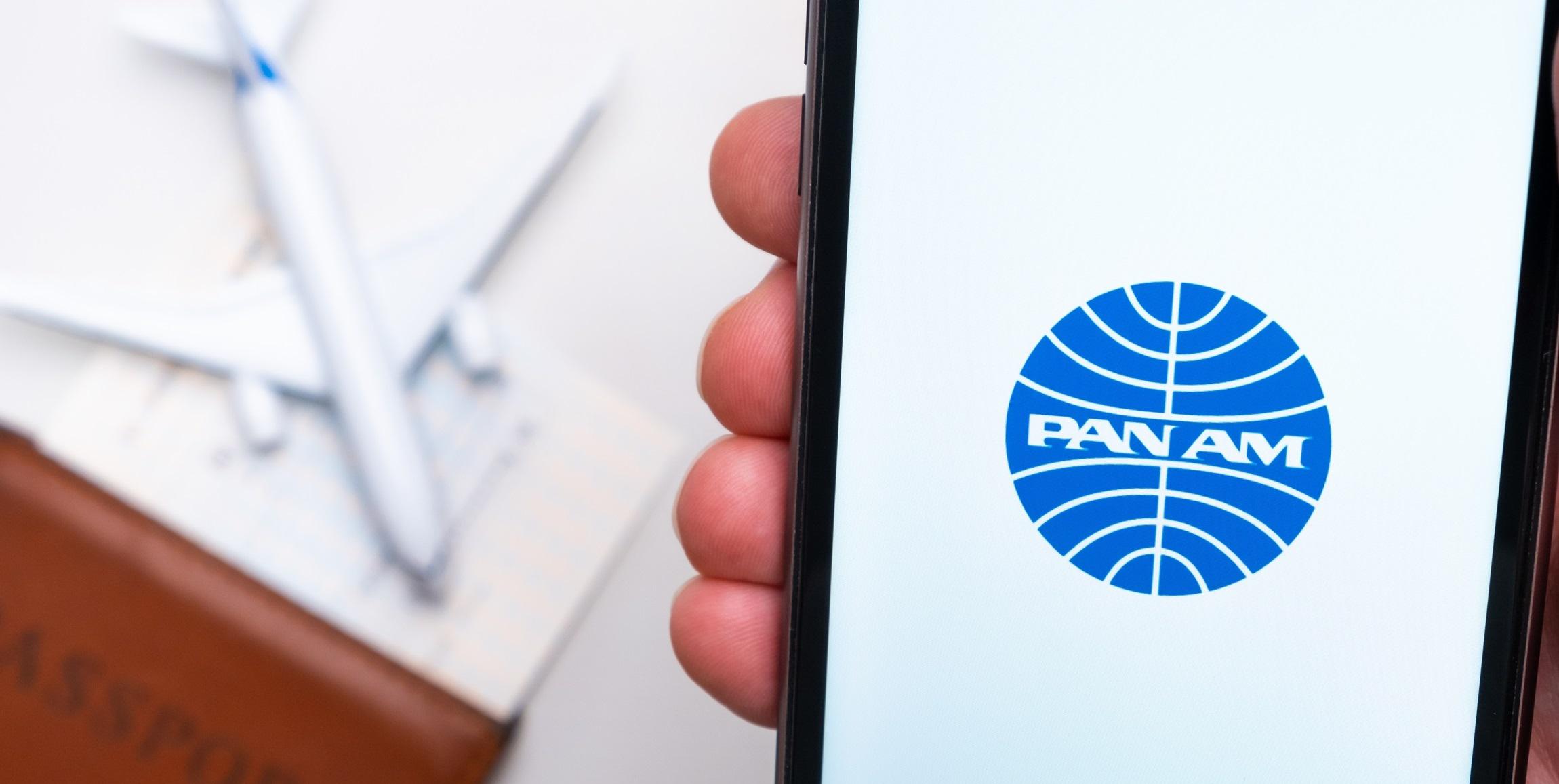Airbnb vs. hotels: Which one is better for business travel?

Airbnb’s debut in 2008 revolutionized the travel industry, offering stays in private homes at a fraction of hotel prices. While the platform and competitors like Vrbo and Booking.com have thrived with vacation travelers, AirBnB is now aiming to expand into the corporate travel market.
This shift has sparked an important debate for businesses: Airbnb versus hotels—which is more economical?
Extended corporate travel can be costly, so maximizing budgets is a top priority for many companies. Determining if Airbnb is cheaper than hotels could make a substantial difference in managing travel expenses and boosting overall savings.
In this guide, we’ll explore key factors companies should consider before diving into Airbnb business travel.
How are Airbnb and hotels different?
At first glance, Airbnb and hotels provide the same essential service: safe, short-term accommodations for travelers to rest and store their belongings. The main difference lies in the setup. Hotel rooms are self-contained units within a larger complex, while Airbnb rentals are often private homes or apartments, sometimes shared with the host or other guests.
But looking deeper, you'll find many more distinctions:
1. Pricing
Cost is often a deciding factor for businesses choosing between Airbnb and hotels. While Airbnb room rates may seem less expensive at first, additional fees can significantly increase the final price.
Cleaning fees alone can equal a night’s stay, and hosts may tack on security deposits, service fees, and occupancy taxes, making the total cost climb quickly.
Hotels, on the other hand, offer more transparent pricing. Occupancy tax is generally included in the room rate, and unless guests incur extra charges like minibar usage or in-room entertainment, there are usually no surprise fees at checkout.
There are also ways to make hotel stays more affordable. Many hotel chains offer discounted corporate rates for business travelers, and companies can negotiate room prices directly using quotes from third-party travel sites.
2. Types of accommodation
Airbnb provides residence-style accommodations, often with amenities like kitchens, laundry facilities, and shared spaces, which can be ideal depending on the purpose of the trip, group size, or length of stay. For example, renting a house or apartment through Airbnb for a weekend retreat may create a more effective team-building environment. Hotels can offer multi-person suites or adjoining rooms with similar amenities, though sometimes at a higher cost.
3. Overall service quality
Hotels are known for maintaining strict quality and service standards, offering guests consistent experiences regardless of the city. With 24-hour customer support, issues like a broken window latch or a request for extra pillows can be quickly addressed with a call to the front desk. In the worst-case scenario, hotels can usually relocate guests to a different room with ease.
Airbnb rentals, on the other hand, often lack this level of consistency. Hosts may not be on-site or available at check-in, making communication challenging. Addressing cleanliness or safety concerns usually requires contacting Airbnb support, which adds complexity and can result in lengthy phone calls. Even then, problems may persist, and guests could face the inconvenience of finding new accommodations.
4. Flexibility
Airbnb and hotels generally offer similar cancellation policies, clearly outlined on their booking pages, to prevent surprises.
Hotels may offer a discounted, nonrefundable rate for fixed booking dates. However, in some cases, the front desk staff can waive cancellation fees for unforeseen circumstances if the guest provides proper documentation. Companies needing more flexibility with check-in and checkout can opt for a more accommodating reservation, typically at a higher cost.
Airbnb hosts have the freedom to set their own cancellation and refund policies. Like hotels, some hosts offer refundable and nonrefundable options or free cancellations up to a specific date. However, there is always a risk of a host canceling a reservation at the last minute, leaving guests scrambling to find other accommodations.
Airbnb also has a limited cancellation policy covering specific extenuating circumstances, but experiences with this policy vary widely.
5. Loyalty or rewards programs
Hotel loyalty programs reward frequent guests with discounted or free rooms and perks like savings on partner services. Achieving elite status unlocks even more benefits, such as complimentary breakfast or access to premium lounges. Companies can further maximize savings with hotel-affiliated business travel credit cards, which cover expenses like flights, meals, and rental cars while earning additional points for upgrades, room service, or companion stays.
Airbnb, on the other hand, does not offer a loyalty program. Some credit cards classify Airbnb rentals as travel purchases, awarding points that can be used as a statement credit or to earn air miles for future flights. Still, these benefits don’t measure up to the comprehensive rewards that hotel loyalty programs provide.
6. Risks and safety
While unsettling stories about Airbnb hosts or disappointing rentals occasionally make headlines, they’re exceptions rather than the norm. Still, hotels generally offer stronger security features for guests.
Hotel staff, for example, undergo more rigorous background checks than Airbnb hosts and are held to stricter accountability standards. With managers on-site, guests can quickly address concerns or mishaps, ensuring problems are resolved promptly and efficiently.
Hotels also must comply with stringent safety regulations, regularly inspecting fire suppression and CO2 systems. While some Airbnb rentals may have security features like cameras monitoring public areas and regularly check their fire and CO2 alarms, they’re more common and consistently enforced in hotels. Also, hotels often employ security personnel to monitor the premises, providing another layer of protection that isn’t standard with Airbnb rentals.
7. Comfort
There’s no place like home, which is why the best-known Airbnb benefit is arguably the authentic, intimate, one-of-a-kind setting. Guests often have access to an entire house, complete with features like spacious patios and cozy living areas that encourage relaxation and conversation.
That said, the comfort of a hotel bed is hard to beat. Hotel rooms are also specifically designed with business travelers in mind, typically featuring amenities like large, dedicated workspaces and places to unwind like pools, bars, and public lounges. While some Airbnb rentals may offer similar features, they generally aren’t as common as in hotels.
Factors to consider when choosing between Airbnb and hotels
1. Trip duration
How long you stay in an Airbnb can influence cost-effectiveness. Many Airbnb hosts encourage extended visits by offering discounted rates for stays of seven days or more, resulting in an average cost reduction of up to 32% compared to single-night stays. For shorter trips, hotels may be the more economical choice when factoring in cleaning and service fees. Hotels also often provide better rates for extended stays of 28 days or more, making them a more budget-friendly option for long-term business travel.
2. Traveling solo or with colleagues
When traveling with a large group, renting a single house or apartment through Airbnb might be more affordable than booking a hotel suite. That said, hotels often offer lower rates when booking nine or more rooms, which makes them a competitive option for group travel. For smaller groups, such as two travelers, a hotel room is typically 29% less expensive than a comparable Airbnb.
3. Access to special amenities or conference rooms
Remote workers may need reliable wifi, dedicated workspaces, and ergonomic seating amenities that are standard in hotel rooms but less common in Airbnb rentals. Hotels also often provide access to business centers and conference rooms, which can be crucial for work-related activities.
4. Availability of transportation services
Many Airbnb rentals are located in residential areas, which may require renting a car to reach airports and work sites. Hotels, on the other hand, are often centrally located, making it more convenient and cost-effective to use taxis for commuting. Also, some hotels offer free airport shuttles, providing easy and efficient transportation.
Bottom line: Should you choose Airbnb or a hotel?
Travelers need more than a comfortable bed and a place to store their luggage. The choice between Airbnb and hotels ultimately comes down to what you value most in your accommodations. If consistency in service and room quality are essential, a well-known hotel chain is a great option. But for a more unique and home-like experience, Airbnb might be the way to go.
Remember, corporate travel isn’t a vacation. Evaluating the pros and cons of Airbnb versus hotels from a business perspective and understanding what each option provides will help ensure a smooth and productive trip free of frustrations.
Simplify your company’s next business trip with Engine
Whether you prefer a well-known hotel chain or an Airbnb, booking a business trip can be time-consuming and complex. Engine gets it. That’s why we’ve simplified corporate travel bookings, offering access to thousands of properties worldwide. Our platform lets you make and manage hotel reservations that fit your needs and budget—all from a single, user-friendly dashboard.
It’s fast, easy, and convenient. All that’s left for you to do is pack your bags.



.jpg)

.jpg)




.jpg)




![What is an OBT? [+ Why They Matter]](https://cdn.prod.website-files.com/66a41388b1be9ba182f1e80c/66f97c4190ac5e26bea90c05_66a41388b1be9ba182f1efc0_online-booking-tool.avif)


.avif)












.jpg)









